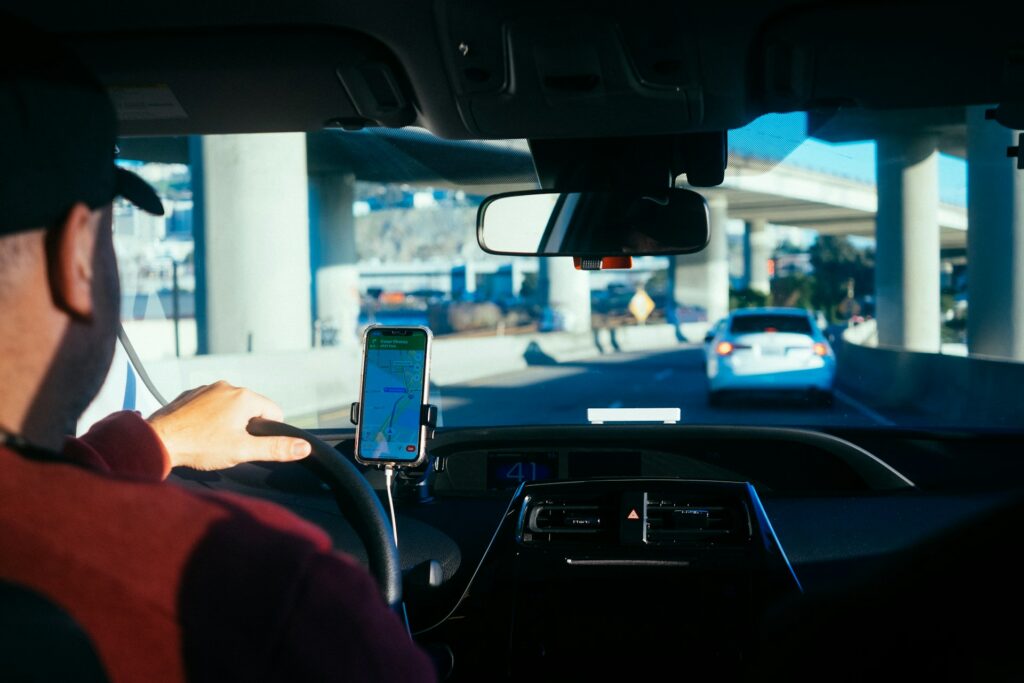
(Rightallegiance.com) – In a significant labor movement coinciding with Valentine’s Day, drivers affiliated with major gig economy platforms such as Uber, Lyft, and DoorDash have declared a strike. This action underscores their demands for improved remuneration and more secure working conditions. The strike is a vivid demonstration of the ongoing tensions between gig workers and the platforms that dominate this sector of the economy.
The mobilization, according to Rachel Gumpert, a spokesperson for Justice for App Workers, is anticipated to draw participation from thousands of rideshare drivers in various cities throughout the United States. The coalition orchestrating this strike has planned rallies, particularly targeting airports in 10 cities nationwide between 11 a.m. and 1 p.m. on the strike day, with drivers withholding their services for the entire day.
This collective action is rooted in the drivers’ grievances over the perceived disparities in the distribution of earnings and the increasing costs passed on to consumers. Justice for App Workers has articulated a critique of the growing corporate profit-seeking at the expense of both drivers and consumers. The statement from the coalition highlights a fundamental discontent with the economic models employed by these gig platforms, which are accused of prioritizing shareholder gains over the well-being and fair compensation of the workers who are the backbone of their services.
In response to the planned strike, Uber downplayed the potential impact, suggesting that previous strikes have not significantly affected their operations, including trip availability, pricing, or driver participation. Lyft, on the other hand, emphasized its ongoing efforts to enhance the driver experience. The company highlighted recent initiatives aimed at improving driver compensation and transparency, including a commitment to ensure drivers receive at least 70% of the fare after external fees each week.
The cities witnessing these rallies include notable locations such as Austin, Chicago, Hartford, Miami, Newark, Orlando, Philadelphia, Pittsburgh, Providence, and Tampa. Additionally, in Los Angeles, approximately 50 drivers staged a protest near an Uber office, using visual and auditory signals to express their demands for better treatment and representation within the gig economy. Among them, Francisco Magdaleno, a veteran Uber driver, voiced the struggle of maintaining a sustainable livelihood under the current compensation models. Magdaleno’s experience highlights a broader issue faced by many gig workers who find it challenging to cope with the rising living costs, especially in major urban centers.
The strike extends beyond U.S. borders, with delivery drivers in the United Kingdom also taking action on Valentine’s Day. This international aspect of the protest underscores a global discontent among gig workers towards the operational practices of platforms like Deliveroo, as evidenced by the protest outside CEO Will Shu’s residence in London.
Despite the concerted efforts of these workers, Uber maintains that the strike has not disrupted its operations significantly, citing an increase in driver participation compared to previous weeks. This claim contrasts with the reported average earnings for Lyft and Uber drivers, which, according to data from Gridwise, stand at $21.44 and $18.80 per hour respectively. These figures, while substantial, are subject to scrutiny regarding the overall fairness and sustainability of gig work compensation models.
Uber and Lyft’s leadership have provided figures that paint a somewhat rosier picture of driver earnings, with claims of higher hourly rates when considering only engaged time. However, these statements are part of an ongoing dialogue about the gig economy’s structure, worker rights, and the balance between profitability and fair compensation.